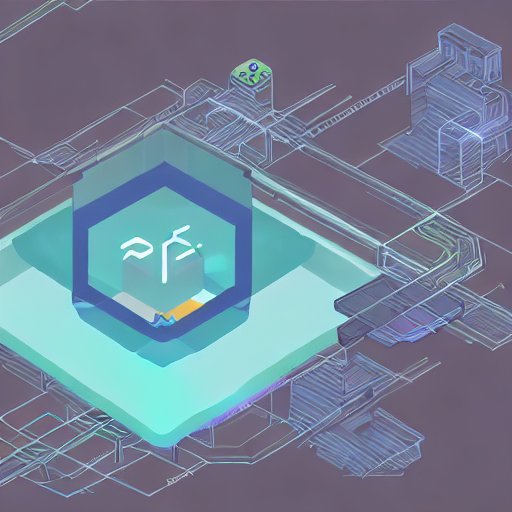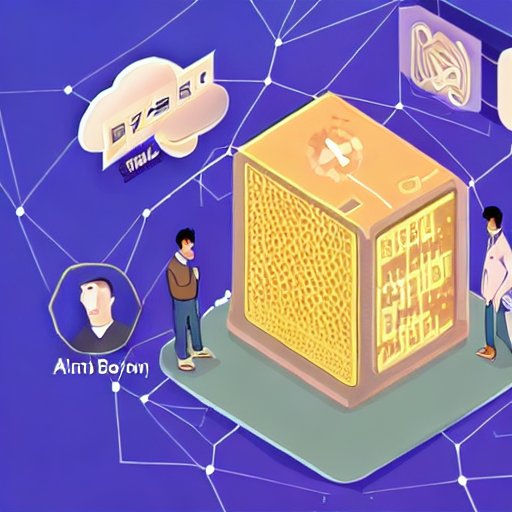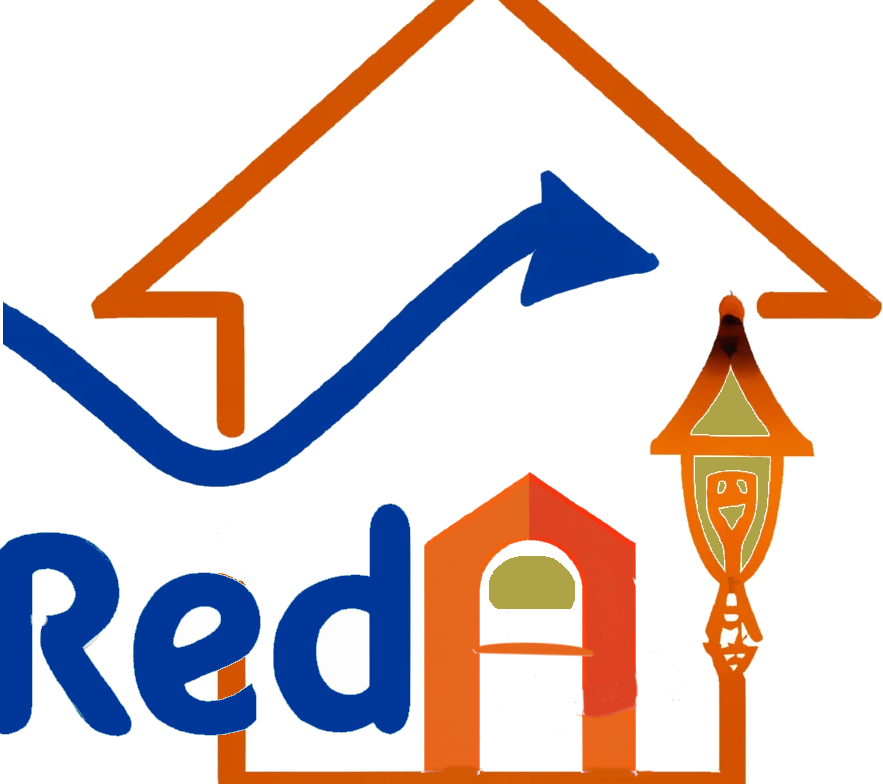WHAT IS DEFI?
Decentralized finance (DeFi) is an emerging financial technology based on secure distributed ledgers similar to those used by cryptocurrencies. DeFi offers financial instruments without relying on intermediaries such as brokerages, exchanges, or banks by using smart contracts on a blockchain[1]. It is an umbrella term for a variety of financial applications in cryptocurrency or blockchain geared towards providing peer-to-peer financial services on public blockchains. DeFi is short for “decentralized finance,” and it is pronounced dee-fye.

EXAMPLES OF DEFI:
- Decentralized lending platforms, such as Aave and Compound
- Decentralized exchanges, such as Uniswap and Kyber Network
- Stablecoins, such as DAI and USDC
- Decentralized prediction markets, such as Augur and Gnosis
- Decentralized insurance platforms, such as Nexus Mutual
- Decentralized borrowing platforms, such as NEXO and Celsius
- Decentralized identity management solutions, such as uPort and Civic
- Decentralized oracles, such as Chainlink and Band Protocol
- Decentralized crowdfunding platforms, such as Kickstarter and Indiegogo
- Decentralized governance solutions, such as Aragon and DAOstack.
INVESTING IN DEFI (DECENTRALIZED FINANCE) CAN BE DONE IN SEVERAL WAYS:
Buying and holding DeFi tokens: Many DeFi projects have their own native tokens, which can be bought and held in the expectation of future growth. These tokens can be purchased on cryptocurrency exchanges such as Binance, Coinbase, and Kraken.
Lending and borrowing: DeFi platforms such as Aave and Compound allow users to lend and borrow cryptocurrencies in a decentralized manner, earning interest on loans and paying interest on borrows.
Yielding: Yielding platforms such as Yearn Finance and Uniswap allow users to deposit their tokens and earn interest on them, through a process called liquidity provision.
Staking: Many DeFi projects use a consensus mechanism called Proof of Stake (PoS) which allows users to stake their tokens and earn rewards for participating in the network’s validation process.
Trading: DeFi protocols such as 0x, Kyber, and Uniswap allow decentralized trading of cryptocurrencies, meaning users can trade tokens without the need for a centralized intermediary.
It is important to remember that investing in DeFi, like any other investment, carries risk and it is important to do your own research and understand the underlying technology and its potential use cases.

THE MOST POPULAR DEFI PROJECTS IN 2023
They are MakerDAO, Aave, Synthetix, Compound, Curve Finance, Kyber Network, Uniswap, 0x Protocol, Balancer and Chainlink. These projects can be identified by looking at the top DeFi tokens by market capitalization on CoinMarketCap, as well as the top 5 DeFi projects/tokens to watch in 2022 according to The Island Now, Finimize and Business 2 Community.
WHAT IS STAKING?
Staking is the process of holding a certain amount of a specific cryptocurrency in a wallet or on an exchange, in order to support the network and validate transactions. In return for staking their coins, users are typically rewarded with new coins or a share of the transaction fees. This process is also called forging or bonding. It’s a way of participating in the network and earning rewards for doing so. It is an alternative to proof of work, in which users validate transactions through computing power, and proof of stake, where users validate transactions through the amount of coins they hold.
CURRENT POPULAR STAKING COINS
he most popular staking projects in 2023 are Ethereum (ETH), Lido Finance, Binance Staking, Cosmos (ATOM), Tezos (XTZ), Polkadot (DOT), Cardano (ADA), Algorand (ALGO), Neo (NEO), and Tron (TRX). These projects offer yields of up to 10%, making them attractive investments for those looking to earn passive income. Other popular staking coins include Dash (DASH), VeChain (VET), Ontology (ONT), Qtum (QTUM) and Zilliqa (ZIL). These coins offer a variety of features such as low fees, high liquidity, and strong security. Investors should research each project carefully before investing in order to make sure they are making the best decision for their needs.
Defi seems like an interesting way to invest in the digital economy. What are some other ways that someone could invest? Let us explore what NFTs are.

No responses yet